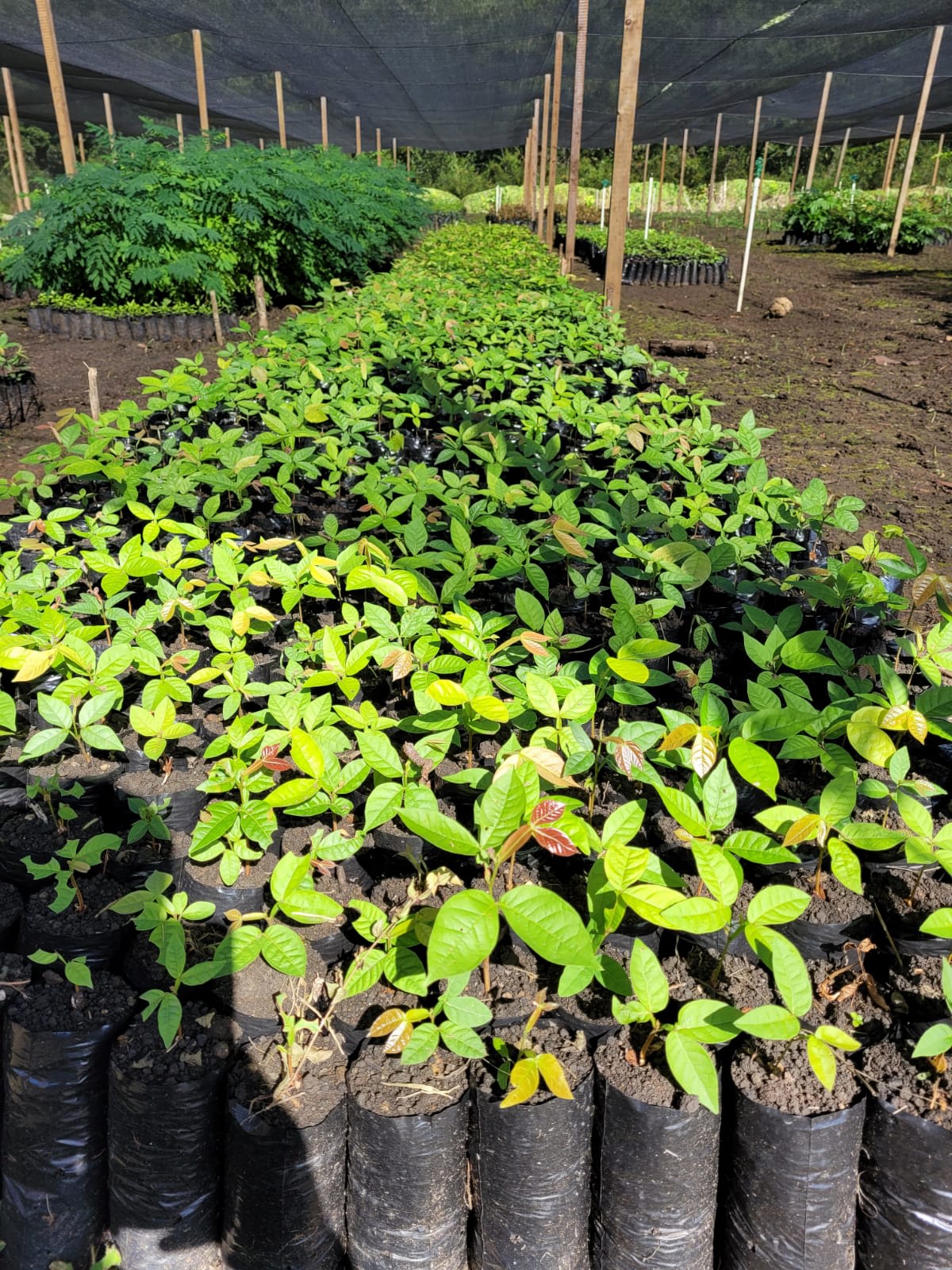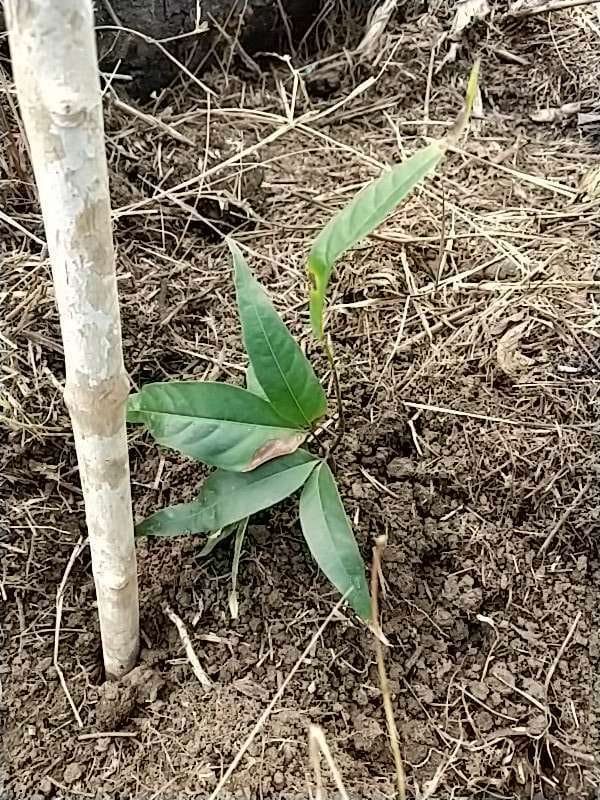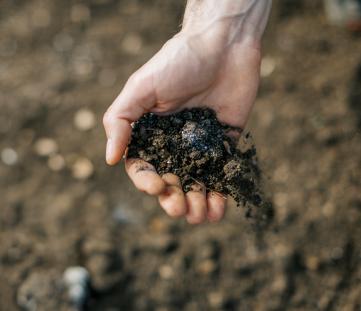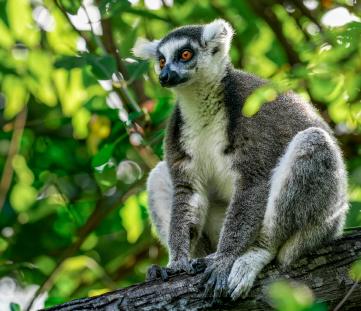ID: M7Y-XEVM
ID: M7Y-XEVM
Lepis
Inga edulis
Photo
Guatemala
20:55 - 21°C
My connections
My ID card
Who am I?
Date of birth
12/19/2022
Also known as
Lepis
Name
Inga
Tree
Inga
Where am I located?
Country
Guatemala
Place of birth
Poptún
Coordinates
16° 22′ 41.86″ N
89° 24′ 25″ W
/-89.40694418,16.37829508,0/500x333@2x?access_token=pk.eyJ1IjoidG9tbWFzb3NwZXJvbmkiLCJhIjoiY2tnOTE3eW12MDJqazMybXNzOWV1YjloOSJ9.wtGsuDU7XIKjcv2cq8CiXw&logo=false&attribution=false)
My Timeline
The important moments in your tree's life.
Seed
It all starts with a tiny seed, nice and warm in the soil.
Nursery
Your seedling is big enough to be welcomed into one of our nurseries, along with many others.
Planted
We’re here! Your tree has reached its new home: it’s been planted by a smallholder, who’ll take care of it for years to come.
Photo
Strike a pose! Now that it’s big enough, here’s a photo of your tree!
My Gallery
Nursery

Planted
/-89.40694418,16.37829508,0/500x333@2x?access_token=pk.eyJ1IjoidG9tbWFzb3NwZXJvbmkiLCJhIjoiY2tnOTE3eW12MDJqazMybXNzOWV1YjloOSJ9.wtGsuDU7XIKjcv2cq8CiXw&logo=false&attribution=false)
89° 24′ 25″ W
Photo

Curiosity about me
The important moments in your tree's life.
Let's start with introductions
This is a tree that can reach up to 30 metres in height, with a trunk that can measure over 60 cm in diameter. Its foliage is broad, though not too dense. It has leaves measuring over 20 cm, but what this tree is best known for are its seeds. Contained within pods up to a metre long, the seeds have a rich, sweet flesh. They are highly popular with various animals (monkeys and birds in particular), who eat them, so contributing to the spread of Inga.
Meaning
Vision
Inga is also a tree that has the ability to absorb nitrogen from the atmosphere and fix it in the soil, which helps to maintain its long-term vitality. A great way to "invest" in the future!

How much CO2 I’ll absorb
My estimated CO2 absorption capacity is based on the first 10 years of my life*
Current absorption
- 60 kg
2022
0 kg
2032
-300 kg
* The tree will continue to absorb CO2 even after the tenth year. Therefore this is a prudent estimate.
How I am useful to local communities

Consumption and sales
Its fruits, seeds and/or leaves are used as food in the farmers' families or are sold on local markets.

Soil
It improves the quality of the soil thanks to the nitrogen fixation process or it reduces soil erosion, thanks to its extended root system.

Biodiversity
It helps restocking various animal species, thus helping the variety of fauna and flora overall.
My benefits
50%
Food Security
The trees will bear fruits, some that will be edible immediately and others that can become edible through processing, ensuring food resources over time.
30%
Economic development
The trees' fruits and the products derived from their transformation can be traded in local networks, offering income opportunities.
60%
CO₂ Absorption
During its life cycle, each tree will absorb CO₂. The trees you plant can offset your emissions.
100%
Environmental protection
The trees are planted in agroforestry systems that favor the virtuous interaction between the different species and their positive impact on the environment and on the land.